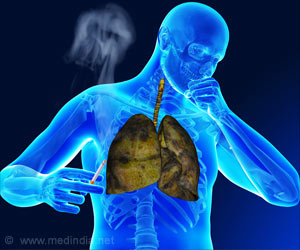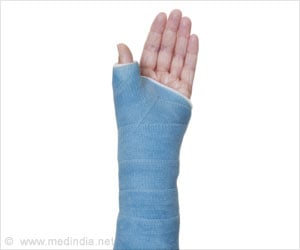
‘In this study, the scientists were able to identify a new target protein in human immune cells, which can inhibit the bacteria's destructive effects. This alternative approach aid antibiotics in treating Tuberculosis.
’
Tweet it Now
Jan Rybniker from the University Hospital Cologne and the German Center for Infection Research (DZIF) explains the goal of the research work, "If we can support antibiotic treatment with immunotherapy, the duration of treatment would be shortened, which in turn would reduce secondary complications." The scientists are on a quest for drugs that are able to inhibit tuberculosis-induced cell death (necrosis) and the consequent destruction of lung tissue. In contrast, to directly targeting the bacteria with antibiotics, this treatment is host-directed and hence combats the consequences of infection without targeting the pathogen directly.The starting point for the investigations are corticosteroids, a group of hormones that have been successfully used as adjuncts to tuberculosis treatment for decades, e.g., dexamethasone. However, until now, their precise mechanism of action has not been known. "We have now been able to show that corticosteroids inhibit Mycobacterium tuberculosis-induced cell death which may support the healing process," says Rybniker.
The scientists used cell biology investigations to elucidate the precise mechanism of action for the effect of steroids. A protein called p38 MAP kinase, which increases the release of inflammatory hormones and induces cell death, plays a central role in this pathway. "We have identified a new target protein in this kinase, which we can inhibit with active agents," says Rybniker. Numerous p38 MAP kinase inhibitors have already been tested in clinical trials on rheumatoid arthritis, Crohn's disease, and chronic lung diseases. The DZIF scientist is certain, "These substances could now also be used for tuberculosis treatment."
The Cologne researches now intend to use high-throughput screening to find further substances that can inhibit tuberculosis-induced cell death by blocking the above-mentioned kinase. In collaboration with the Research Center Borstel, these substances will subsequently be tested further in animal models. In doing so, the scientists hope to discover new paths in immunotherapy.
Source-Eurekalert















